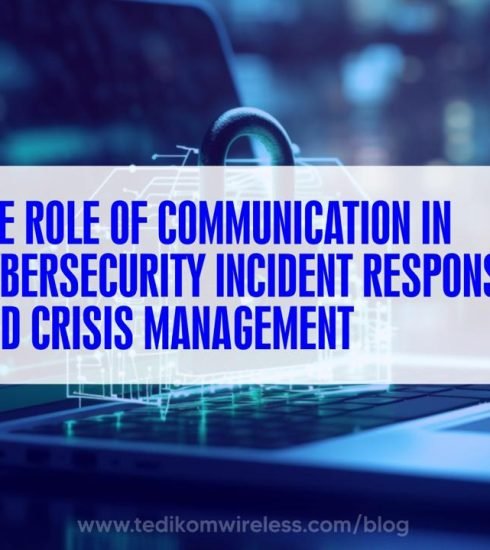Why Small & Medium Businesses Are the Prime Targets for Hackers
Table of Contents
Small and medium-sized businesses (SMBs) are the backbone of the economy, yet they are increasingly falling victim to cyberattacks. While many business owners believe hackers only go after large corporations with deep pockets, the reality is quite the opposite. Cybercriminals see SMBs as easy prey, less protected, more vulnerable, and often unaware of the looming risks. Here’s why SMBs are prime targets and what they can do to stay safe.
1. Weak Security Defenses
Unlike big companies with dedicated cybersecurity teams, many SMBs lack strong security measures. Limited budgets mean outdated software, weak firewalls, and minimal encryption perfect conditions for cybercriminals looking for an easy way in. Without proper defense mechanisms, SMBs become low-hanging fruit for hackers.
2. Employees as the Weakest Link
One of the biggest cybersecurity threats isn’t just weak software it’s human error. Many SMB employees aren’t trained in cybersecurity best practices, making them more likely to fall for phishing emails, social engineering tactics, and malware attacks. A single compromised password or careless click can bring down an entire network.
3. High-Value Data, Low Protection
You might think your small business has nothing valuable, but hackers think otherwise. SMBs store sensitive customer information, financial records, and proprietary business data making them lucrative targets. Cybercriminals know that these businesses often lack the resources to fight back, making data theft a quick win.
4. Gateway to Bigger Targets
Many SMBs work with larger enterprises as vendors, suppliers, or service providers. Hackers exploit this connection by breaching a smaller company’s network to gain access to bigger corporate systems. A single weak link in a supply chain can lead to widespread data breaches.
5. Ransomware: A Costly Nightmare
Cybercriminals love targeting SMBs with ransomware—malicious software that locks businesses out of their data until a ransom is paid. SMBs are more likely to pay up because they lack the backup systems and IT support to recover independently. This makes them an easy payday for attackers.
6. The Myth of Being ‘Too Small to Hack’
Many business owners assume they are too small to be noticed by hackers. However, cybercriminals use automated tools to scan the internet for vulnerabilities, meaning no business regardless of size is invisible. If your business is online, you’re already on the radar.
How SMBs Can Defend Themselves
- Invest in Strong Security: Upgrade firewalls, use encrypted storage, and deploy advanced threat detection tools.
- Train Your Team: Educate employees on recognizing phishing scams and enforcing strict password policies.
- Enable Multi-Factor Authentication (MFA): An extra layer of security can prevent unauthorized access.
- Regularly Update Software: Keeping systems updated reduces the risk of known vulnerabilities being exploited.
- Back Up Data Frequently: Maintain secure backups to restore data in case of ransomware attacks.
Hackers don’t discriminate based on business size they target vulnerabilities. SMBs are often the weakest links in cybersecurity, making them attractive to cybercriminals. By being proactive, implementing strong security measures, and educating employees, small businesses can reduce their risk and avoid costly cyberattacks. Don’t wait until it’s too late secure your business now.









